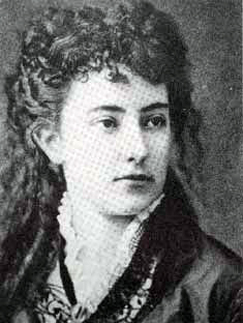Arts and culture
SA literature: truly South African voices
Olive Schreiner
Olive Schreinerís novel, The Story of an African Farm (1883) is generally considered to be the founding text of South African literature. Schreiner was born on a mission station and worked as a governess on isolated Karoo farms, an experience that informed the novel. The novel draws on the post-romantic sensibility of Emily Bronteís Wuthering Heights, and is still a key text in the formation of a truly South African voice. However, it has been criticised for its silence with regard to the black African presence in South Africa. Schreinerís other work includes a critique of Cecil John Rhodesís brutal form of colonialism, Trooper Peter Halkett of Mashonaland (1897), and the polemical Women and Labour (1911).Douglas Blackburn
Douglas Blackburn, a maverick British journalist who came to South Africa when the Transvaal was still a Boer republic, had something in common with Schreiner. In several newspapers, he denounced British colonial attitudes as well as satirising Boer corruption. He wrote two novels set in this world, Prinsloo of Prinsloosdorp (1899) and A Burgher Quixote (1903), capturing with a great deal of sly humour the personality and situation of the Boer at the time. His later novel Leaven (1908) is a moving denunciation of "blackbirding" (the recruitment of people through trickery and kidnappings to work on farms) and other iniquitous labour practices, and Love Muti (1915) attacks British colonial attitudes.The story continued ...
Would you like to use this article in your publication or on your website? See: Using SAinfo material

Olive Schreiner was born on a mission station and worked as a governess on isolated Karoo farms, experiences that informed The Story of an African Farm


